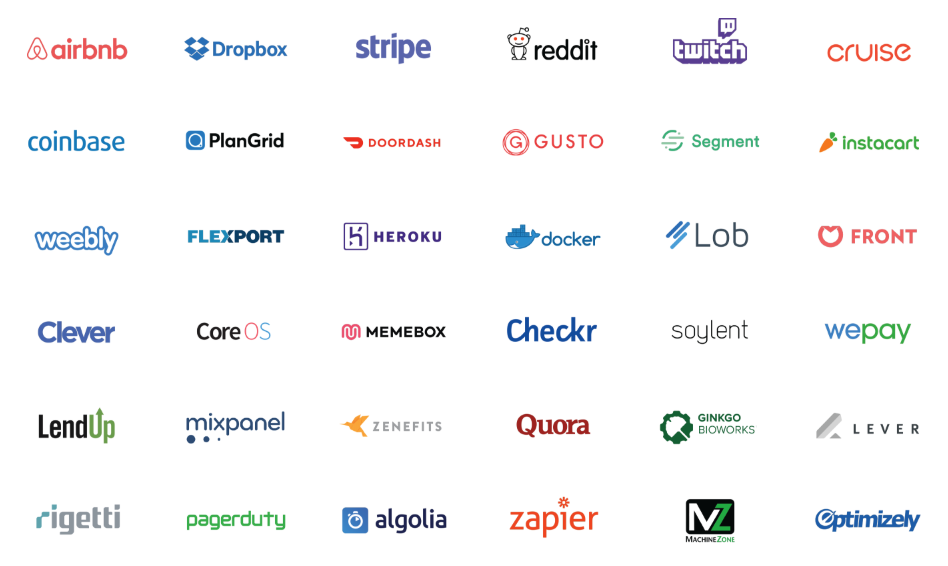What is a startup accelerator and how do they work?
Category: Uncategorized
At Beauhurst, we’ve developed a comprehensive database of the UK’s entrepreneurial community. While venture capital and loans remain at the core of business funding for startups, the range of support options available to ambitious companies is becoming increasingly diverse. For those looking for an early boost one option has become increasingly popular — attending a startup accelerator.
What is a startup accelerator?
Simply put, a startup accelerator offers programmes designed to help young startups grow. In that, they’re similar to startup incubators: both can provide office workspace, access to professional networks, mentoring, legal advice, and workshops, among other services.
But we think there are a few things that set accelerators apart. Incubators are relatively easy to gain access to, and act almost like an office space with additional benefits. For accelerators, the process is more competitive and fast-paced. How do you differentiate between the two? To meet our definition at Beauhurst, a startup accelerator must fulfil the following criteria.
Startup Accelerator Programme Criteria:
- Duration is for a set period of time, usually over several months.
- Over this period, the programme should have a clear structure (a syllabus, milestones, and/or events with required attendance)
- Application process is competitive
- No or minimal joining fees
We set the bar high when defining what a startup accelerator is, because we treat accelerator attendance as a sign of likely growth in the future. Our dataset is focused on finding entrepreneurs who are looking to create high-growth businesses and drive innovation in the economy.
So what do startup accelerators do?
Every accelerator is slightly different to the next. Some specialise in specific sectors, like Climate-KIC which accelerates cleantech enterprise. Some specialise in just tech companies, like Founders Factory. Others specialise in accelerating companies located in certain regions, like Dotforge in the north. In recent years a range of other organisations have seen their success and launched their own accelerators – these include universities, local governments, and large corporates. Indeed, some accelerators are set up to act as a bridge between large, less mobile corporates and innovative, fast-moving young companies. A good recent example is Founders Factory Retail, a partnership between M&S and Founders Factory.
Other accelerators work solely with late-stage startups. Like Future Fifty, which was set up by David Cameron to help late-stage tech companies gain contacts in government, and influence tech-related policy.
At the opposite end of the spectrum, Entrepreneur First gets entrepreneurs together at the pre-enterprise stage, and tries to create a company-building team. Often, this means combining persons with entrepreneurial drive with the technical talent emerging from Golden Triangle universities.
Perhaps the biggest allure of accelerators for entrepreneurs is the opportunity to network with influential individuals or organisations. Founders Factory, for example, was founded by Bret Hoberman, who founded lastminute.com during the dotcom boom. Companies that gain access to his accelerator gain access not only to his expertise, but all his contacts in the entrepreneurial, VC and corporate communities.

Does the startup accelerators model work?
In short, yes. The world’s best known accelerators, such as Y Combinator and TechStars, have helped a huge number of successful businesses on their way and feature incredibly competitive programme applications. Typically, just 1% or 2% of applicants are accepted.
Y Combinator’s portfolio

This runs into the usual “chicken and egg” causation issue when it comes to looking at the potential reasons why companies achieve high-growth. It’s very much possible that programmes don’t create winners, so much as pick strong companies to work with.
Either way, the end-result is the same: accelerated companies, for whatever reason, generally have a higher chance of growing quickly than non-accelerated companies. At Beauhurst, we believe attending a startup accelerator programme should be seen as a reasonably good indicator of a company’s potential to reach high-growth.